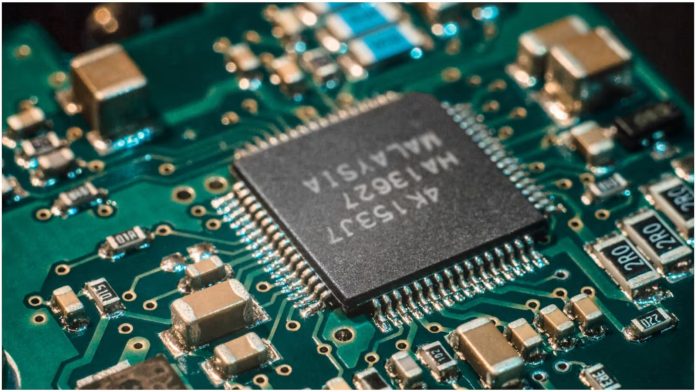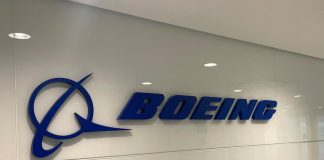South Korea’s semiconductor industry is facing a critical talent shortage as top students increasingly choose medical schools over engineering programs. Despite guaranteed jobs at major chipmakers like Samsung Electronics and SK hynix, admission withdrawal rates for top semiconductor departments reached 179 per cent in 2024, according to a Korea Herald report. Experts warn that Korea risks falling behind global competitors like China and the US, which are investing trillions in AI and semiconductor research.
Lee Jong-hwan, a system semiconductor engineering professor at Sangmyung University, said China was able to develop the DeepSeek model currently disrupting the AI landscape, due to its investment in developing home-grown talent. “In Korea, top talent is drawn to medical schools. At prestigious universities, even those enrolled often retake the college entrance exam to pursue medical school,” he was quoted as saying.
With fewer than 20,000 AI researchers, Korea lags significantly behind China’s 410,000 and the US’s 200,000, raising concerns about long-term competitiveness. Although the government has increased semiconductor-related university programs, experts say a structured roadmap is needed to define the industry’s workforce needs. Korea also struggles to retain highly educated talent, as global chip giants offer lucrative salaries that lure Ph.D. graduates abroad.
Graduate school enrolment rates in semiconductor programmes continue to decline, with Sungkyunkwan University’s rate dropping to 15.8 per cent in 2023. Industry leaders stress that improving social perceptions and incentives for semiconductor professionals is crucial to securing Korea’s future in the global chip race.




















